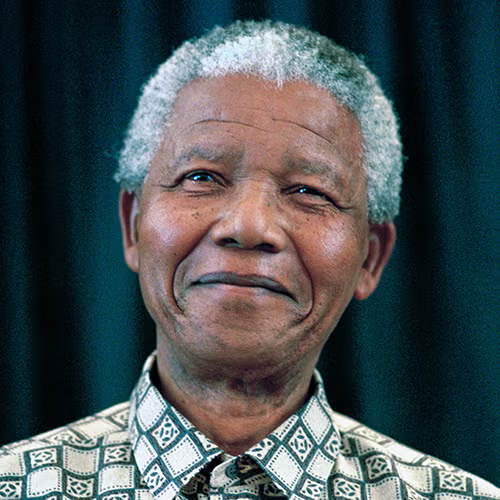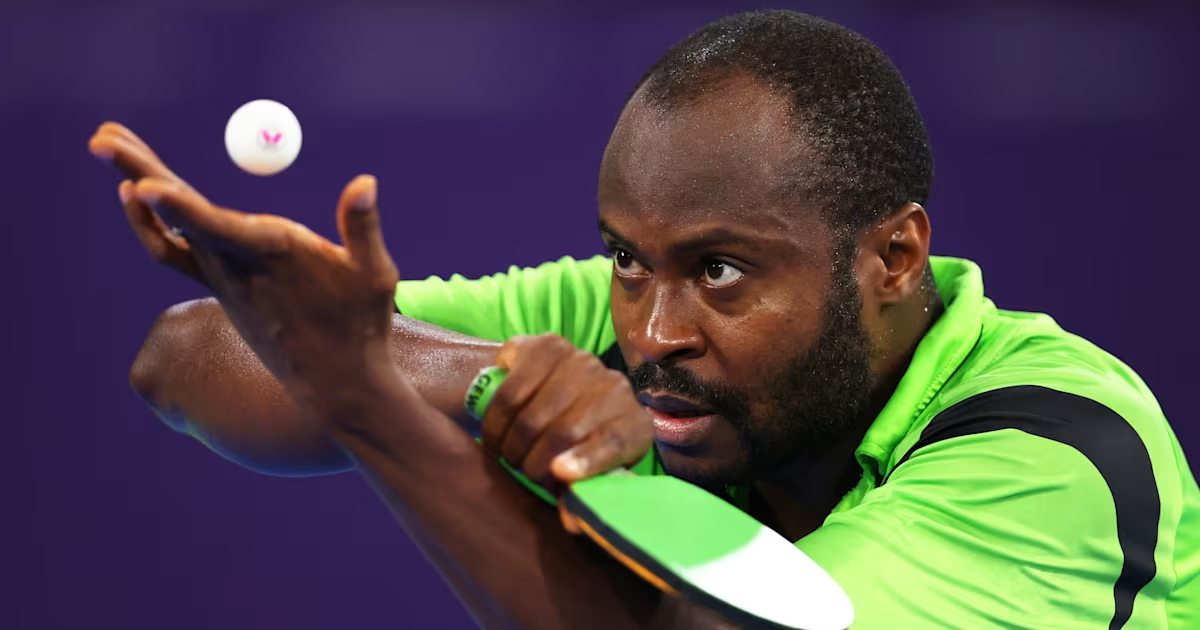Jankariwo: The Fountain of Metaphor, Clarity & Dissimilitude attempts to take you on a voyage that spans through the Yoruba class of the Nigerian Film Industry.
Growing up in a local community with grandparents and having a friend whose family has a very good Panasonic Television and LG DVD Player handed me a good height of familiarity with the Yoruba movies.
I have watched an innumerable number of Yoruba movies, be it traditional, city or mixed settings, which at a particular period, through scrutiny grouped this cathedral of watched movies into not more than six main categories.
This unbridled familiarity with this local form of art effectuates a sudden incuriosity towards the so-called new or as they were fondly called, “hot movies”.
This is because I had already known that the so-called new movies would fall under one of the categories I had made or better still, a watery, yet unapologetic redundant to what I have already seen.

This aversion towards consuming a single type of drama monstrously and with no impetus towards bringing in new styles, new storylines, new systems among others was enough a force to push me and several of my friends towards foreign movies such as the Chinese, Indian and the American movies among others.
I remember the catchphrase then was “tired of eating the same recipe”.
Drama is art, it should refine the soul, bring brand new ideas about what might be vague to the audiences while creating a new atmosphere, tempo, maybe a fantasia where humans can live their lives in some minutes, before pulling on the day-to-day jacket of their real existence.
Drama should be like a mansion dotted with many rooms with different creative imaginations and not some piles of upsetting repetition.
Nonetheless, I’m not rendering the energy put on these works of art useless, nor do I pose my credibility at making special movies, though I can write some.
However, in this narration, I suggest that “the fear of fans/ audience/ lovers from getting fed up with the same storylines is the beginning of borderless creativity and imagination”.
Albeit, I was chanced to watch some legends in Nigeria (Yoruba) films industry, the likes of Pa Ogunde, Babasala, Babasuwe, Ishola Ogunsola, Lere Paimo and the wonderful others who put vast energy and their inventive self into film making.
Sometimes, it feels like these people fear their audiences, that they’re willing, always to stretch themselves to get something new and beautiful.
https://www.morganable.com/angela-merkel-faces-strong-opposition-over-huawei/
https://www.morganable.com/a-woman-is-no-man-by-etaf-rum-a-critical-review/
https://www.morganable.com/detaching-yourself-the-art-of-true-happiness/
https://www.morganable.com/4-questions-you-must-not-ask-about-the-music-industry/
https://www.morganable.com/a-tribute-to-the-life-of-sir-victor-uwaifo-who-died-at-80/
https://www.legit.ng/1209756-bukunmi-oluwashinas-biography-amazing-career.html
https://www.bbc.com/pidgin/tori-54026590
My frosty aversion to Yoruba movies wouldn’t have been thawed till now, not until when I saw the dawn of creativity and crispy imaginations with directors with proven credibility, ability, and vast knowledge about drama as a form of art rather than a compilation of watery thoughts.
Given the fact that I have been long engrossed in foreign movies, it is easy for me to quickly spot mistakes in local movies.
While I am not saying that all foreign movies are perfect or in any way render our native stories tasteless, instead, I am giving accolades to their consistent selling of uniqueness.
There are lots of unique films that have gone unmatched, but I remember vividly that the last movie I watched that reawaken my feelings towards the native films was Muna, a story by Unoma Nwankwor and directed by Kevin Nwankwor in which Adesuwa Etomi was a major character.
This movie travels beyond the barricades of regular boundaries, Language, settings, storylines, and culture (maybe more of dynamic culture fusion).
It resonates and buried the incoherent speculation towards gender inequality and racial inequality in deep exile of fallacy, when she, Adesuwa in the movie becomes a karate expert.
Thereafter, “Gold Statue” a film directed by Tade Ogidan with Gabriel Afolayan known for his unimpeded creativity a major actor in the movie.
Watching the movie restored my lost impulse for suspense, especially at the final stage of the movie where I thought he did present a gold statue to the museum.
It turned out to be emphatically wrong.
Arts should give an audience to think and guess, but not every time they should guess right.
Then, I set my eyes on “Citation”, a multi-lingual film (French, English, Yoruba and Wolof) written by Tunde Babalola, directed by the wonder–monger Director, Kunle Afolayan and starred by Jimmy Jean-Louis; Temi Otedola; Bukunmi Oluwashina, the business Mogul Ibukun Awosika, Gabriel Afolayan, among others.
This movie is beyond what other of its replica has done, bringing crystal clarity to students’ misery and lecturers’ obscurity.
It rebranded students’ confidence and morale, and carefulness.
Just lately, another film was released like an atomic bomb, Titled “Jankariwo” or “Cobweb”.
This film was written by Bukunmi Oluwasina, one of the young stars in the industry who could fondly be called a great dispensation from a vast imagination and unapproachable concept of art which intertwined ancient fictitious stories with contemporary dilemma and misery.
This carefully written film with brilliantly speaking of selected dialects and proverbs is a bright calling to dispersed culture.

Beyond this, Bukunmi Oluwasina plunges the watchers of Jankariwo into a rising hand of suspense with the king’s to-do ritual having something to do with a pregnant woman.
Meanwhile, the first scene was where a pregnant woman, Abike, the supposed main actor is pregnant.
The suspense then increases when her husband accepts the King’s gift and reaches the first climax when Abike is kidnapped.
It finally subsides a little when her husband through the lead of a little deaf boy who made the suspense hung, walks down to the hidden chamber and resuscitates her senses.
Who knows if the couple would escape?
More than that, the movie stuffs in the mind of each person who watches the movie handful of surprises which no one could have thought of.
Right from the seeing of diverse personalities wearing single faces to dissimilarity in the location of the personalities and the natural ability which can not be fully over-emphasised.
The clashes miseries prepare the way for the clarity that’s inevitable.
No doubt Bukunmi Oluwashina deserves an award for this wonderful delivery.
The casting is perfect and roles are well played with great exuberance and professionalism.
The use of language is captivating and the metaphors, puns, similes, proverbs bring to life, clearer images of the heart of each speaker.
Lastly, the energy put into the work by this amazing young lady is blazing and contagious from the beginning to the final scenes.
Regards to her braggadocio, Indian, Village girl, and unannounced Fulani girl that surfaced in the last scene.
All these were a few lines of review to the casting and personalities in “Jankariwo”.
Meanwhile, jankariwo travels down to our native society and exposes the mind of many leaders whose wishes are to enjoy the life of others with theirs while imagining to attain the height of immortality.
This extreme king according to the notes of stories written by the film’s writer, is the metaphor for the contemporary leaders.
The chaos facing them is retribution and the unknown number of children born by the Abilke represent the emphatic suffering that faces such leaders that indulged in what the king does in the movie.
What a unique style she employed in passing messages across to society? Indeed, very satiric!
Therefore, with these lots of heartwarming changes going on in the industry, one would have the confidence to count on more Nigerian filmmakers for more dissimilitude in their dispensation of highly competitive creative films.

While downloading would plunge fans into the dilemma of which one should watch first. This is because they all deserve to be watched and learned from.
Likewise, one must shower accolades on the industry for the employment of technological innovation.
The Nigeria movies industry(Yoruba) has become a perfect competitor to Nollywood which is believed to be the haven of the brightest.
This is no doubt a testament that Nigeria is a planet of talented actors and actresses.
Not often I have seen a single person surfacing in many roles effectively without any grunge. Suffice to say that, kudos should be given to actors like Ibrahim Chatta, Odunlade Adekola, Femi Adebayo, Funke Akindele, Toyin Abraham, Bukunmi Oluwashina, Kunle Afolayan, Gabriel Afolayan, Yinka Quadri, Adebayo Salami, Jide Kosoko to mention a few.





















































































